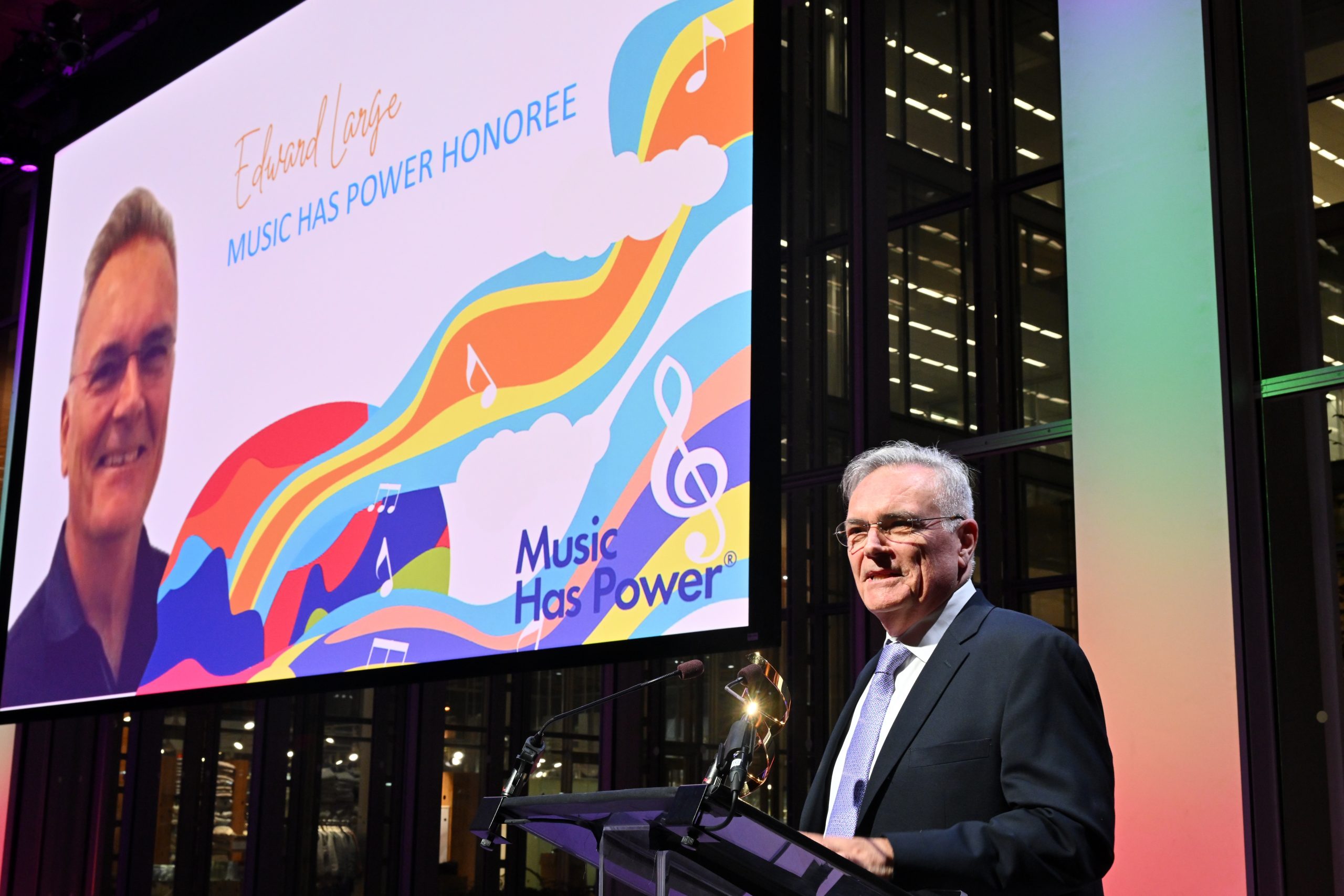The entire world should look to native practices of conservation in the fight against climate change, Ethel Branch, attorney general for the Navajo Nation, told the audience at the 2018 Connecticut Law Review symposium.
“Long before the Puritans ever came to this land, native peoples were caring for and maintaining it with the lightest impact possible,” Branch said at the event on October 26, 2018.
“Now, as our planet burns, it’s ever more important we return to these practices.”
The topic of the symposium, “Regulating for the Seventh Generation: Tribal Nations and Environmental Law,” examined the relationship between native peoples and tribal law and the environment. Branch said the symposium represented an important shift toward understanding and validating native land use practices.
The day began with a traditional blessing song from Mixashawn Rozie, of the Connecticut River Indians. Professor Bethany Berger, the faculty advisor for the event, said she was especially pleased that the prayer was able to bring tradition and authenticity to the day.
“Too often we forget the indigenous peoples who were too diminished by disease and dislocation before the United States was founded to be officially recognized,” Berger said.
Branch spoke extensively about Bears Ears National Monument, a deeply spiritual and important place for native people, which has been the center of an intense and public dispute recently. The monument, which has been reduced to about 85 percent of its original size since President Trump took office, is essential to the traditions of native people living in the area.
Branch said the significance of places like Bears Ears can be hard to grasp for those unfamiliar with some of the land-centered, deeply traditional practices of native people and groups.
“One thing that struck me during the day is how tribal struggles make the human dimension of environmental conflicts clear,” Berger said. “For indigenous peoples, protecting natural resources is about ensuring that cultural traditions and the communities that depend on them can continue.”
In addition to Branch’s keynote address, the day featured several panels of environmental and tribal law experts. Speakers from seven indigenous peoples were represented, along with panelists from many U.S. states. The panels addressed such topics as “Tribal Resource Management” and “Hunting and Fishing”.
“We are so thrilled to be hosting an event with such high-caliber legal minds on display,” said Erin Norton, one of the student organizers. “This topic is obviously timely, and we’re proud of the people we have brought to speak today.”
Berger said the symposium helped spur further student action on campus. She said there is a move to revitalize the Native American Law Students Association at UConn and plan further events supporting native peoples.



